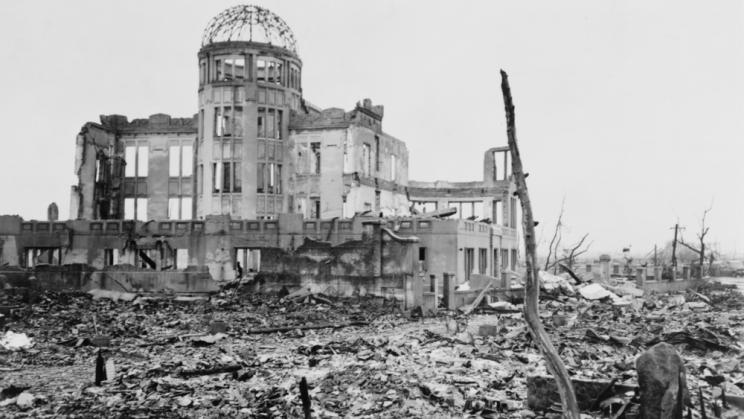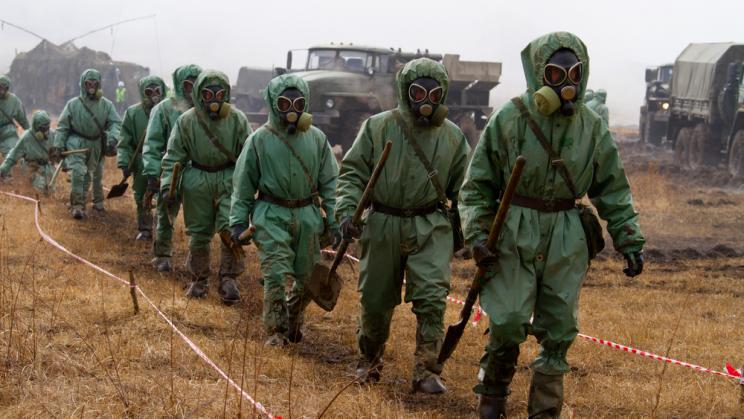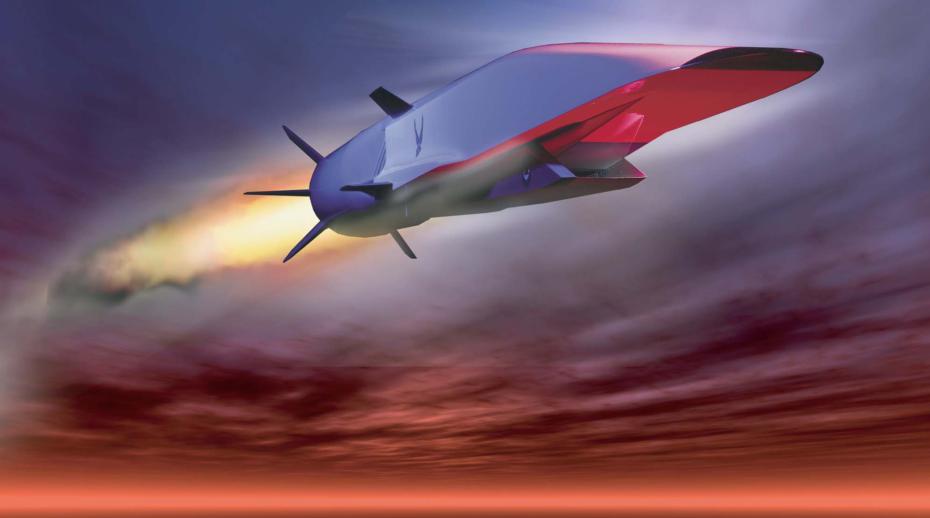Weapons of mass destruction
The Weapons of Mass Destruction (WMD) Programme at SIPRI seeks to contribute to the understanding of trends and developments pertaining to nuclear, chemical and biological weapons. It considers their implications for an increasingly complex security landscape and seeks to identify approaches to address the risks and challenges WMD pose. To this end, the Programme examines the political, institutional, legal and technical aspects of WMD governance, focusing on international efforts at arms control and disarmament, materials security and non-proliferation, and risk reduction.
SIPRI is one of six institutes managing the European Union Non-Proliferation and Disarmament Consortium (EUNPDC), a group of research centres and think tanks that promotes the non-proliferation of WMD. SIPRI also chairs the Alva Myrdal Centre for Nuclear Disarmament (Uppsala University) working group on ‘Nuclear Disarmament in Policy and International Law’ and collaborates in the working group on ‘Technical Verification and Monitoring'.
RESEARCH INITIATIVES
SIPRI analyses developments and different dimensions of space security in the context of strategic armament dynamics.




